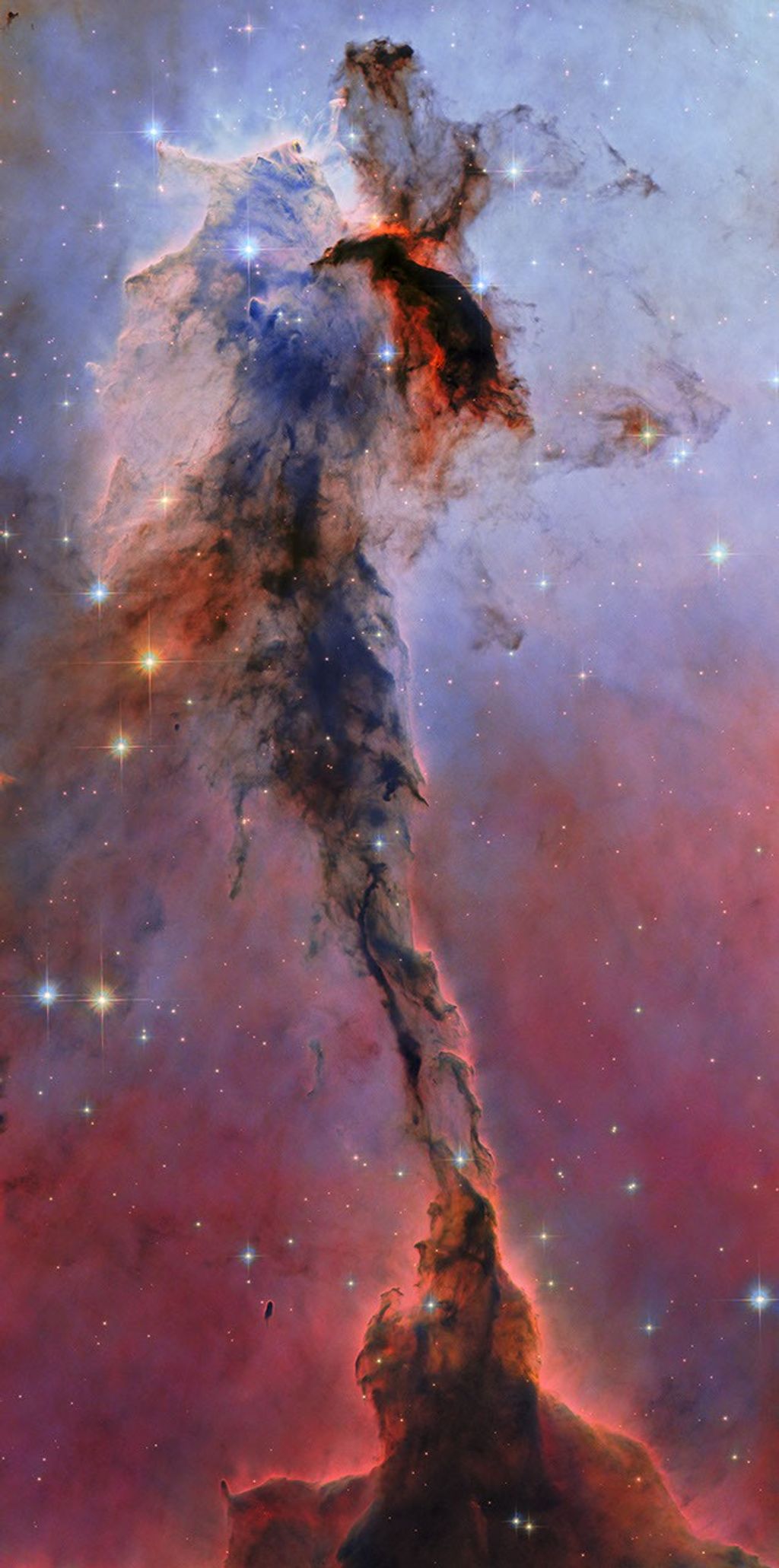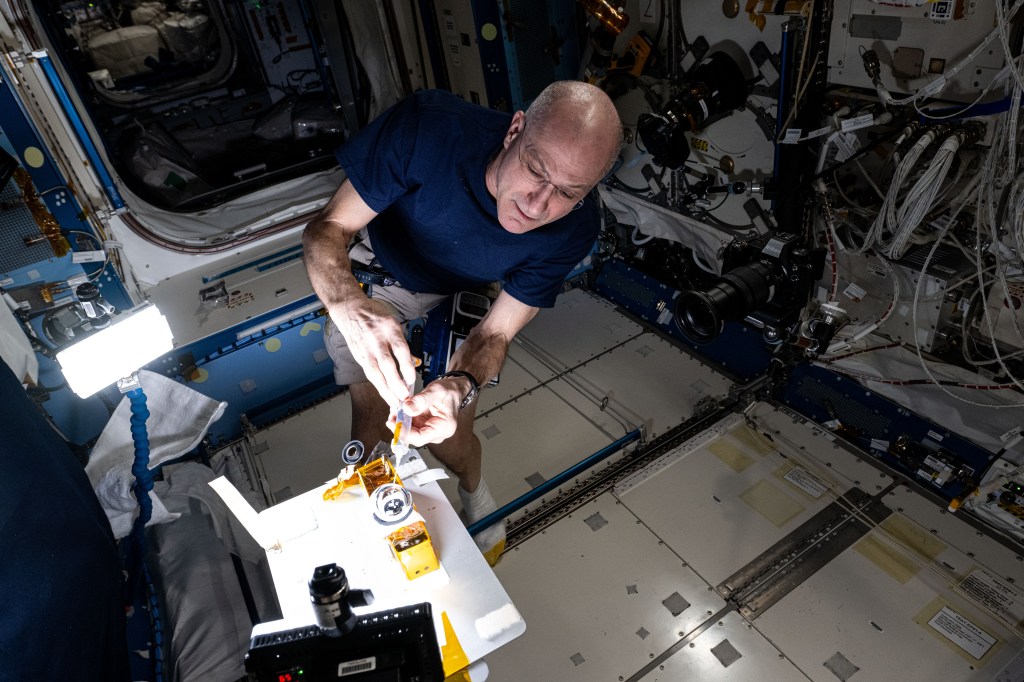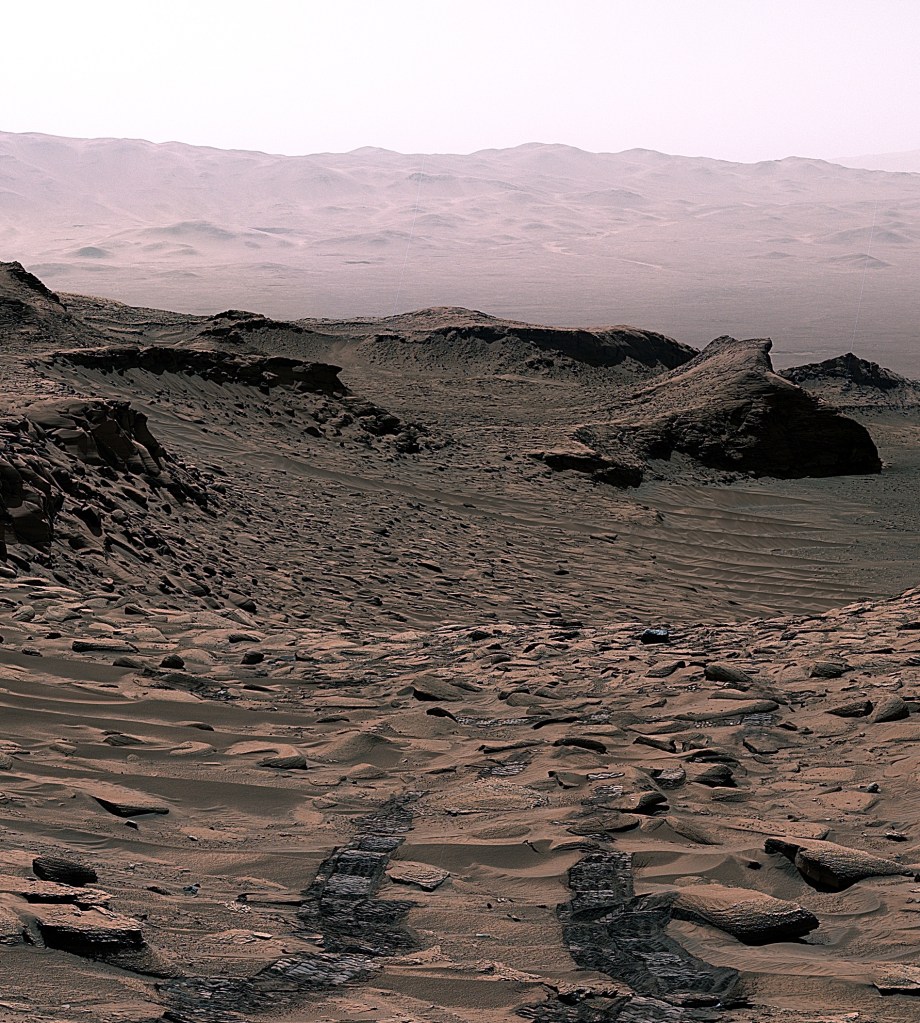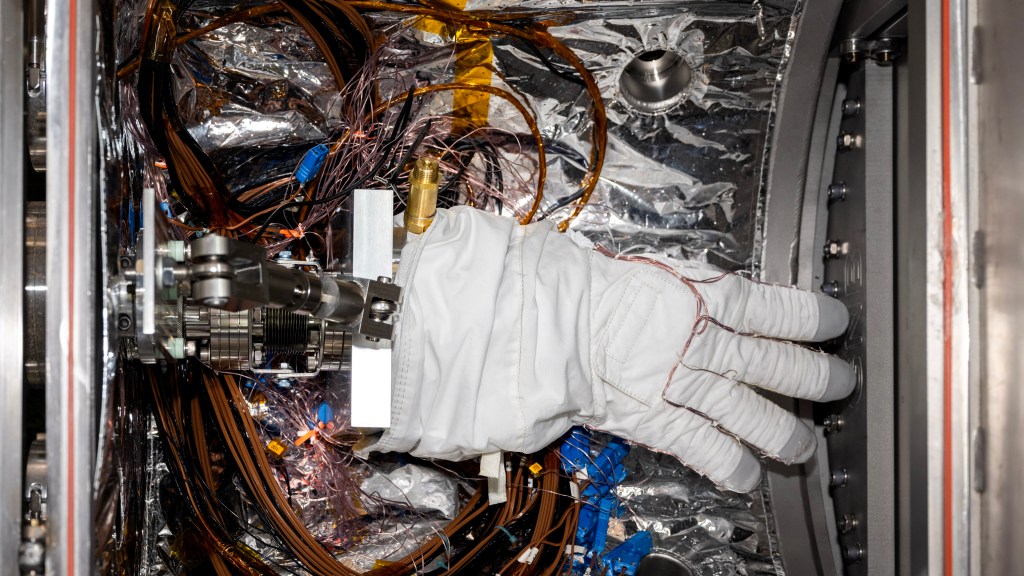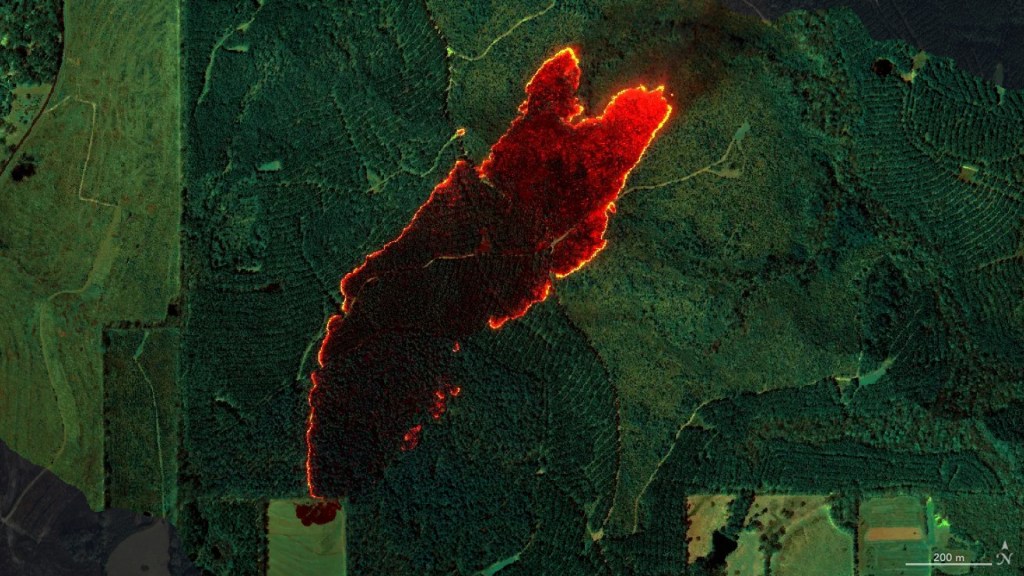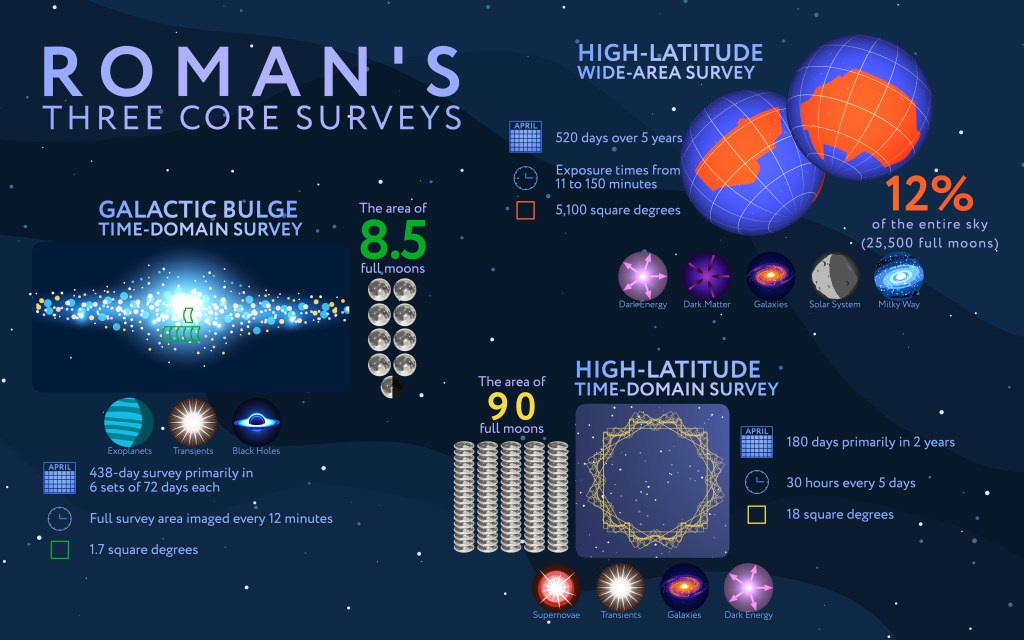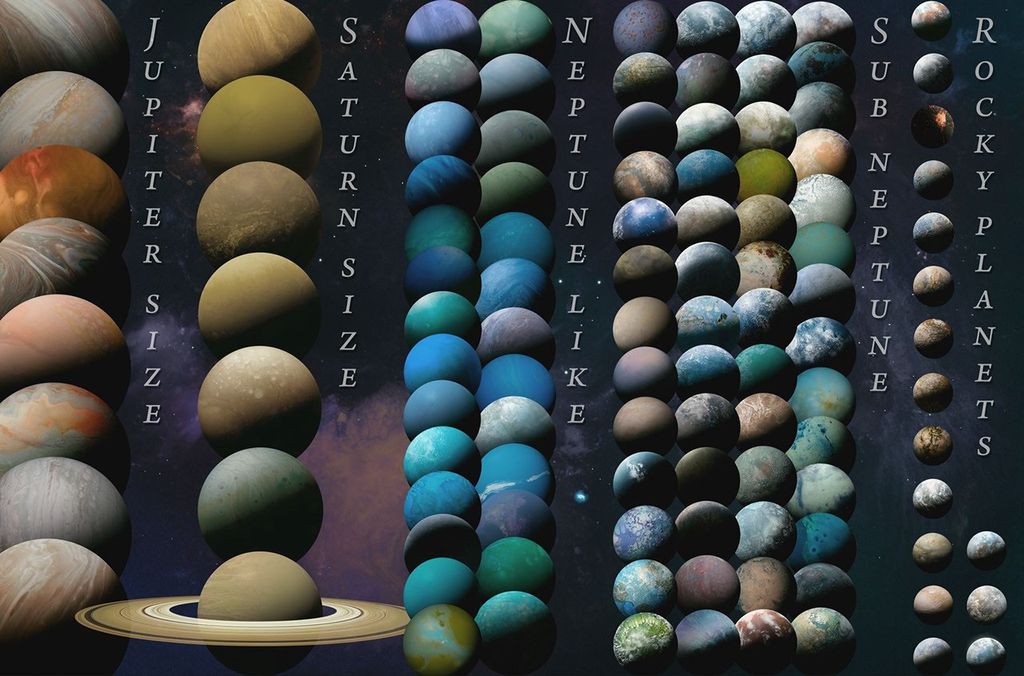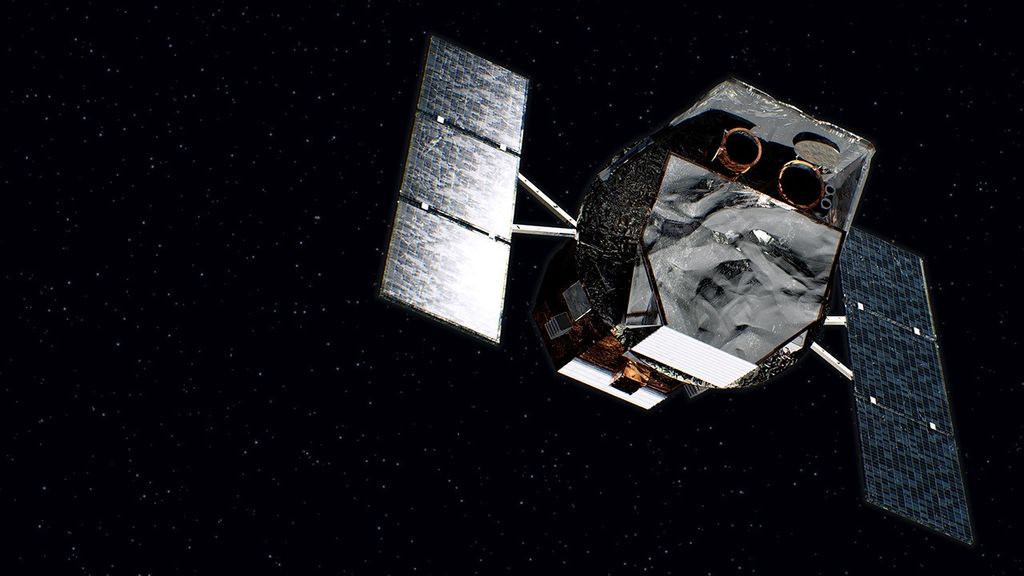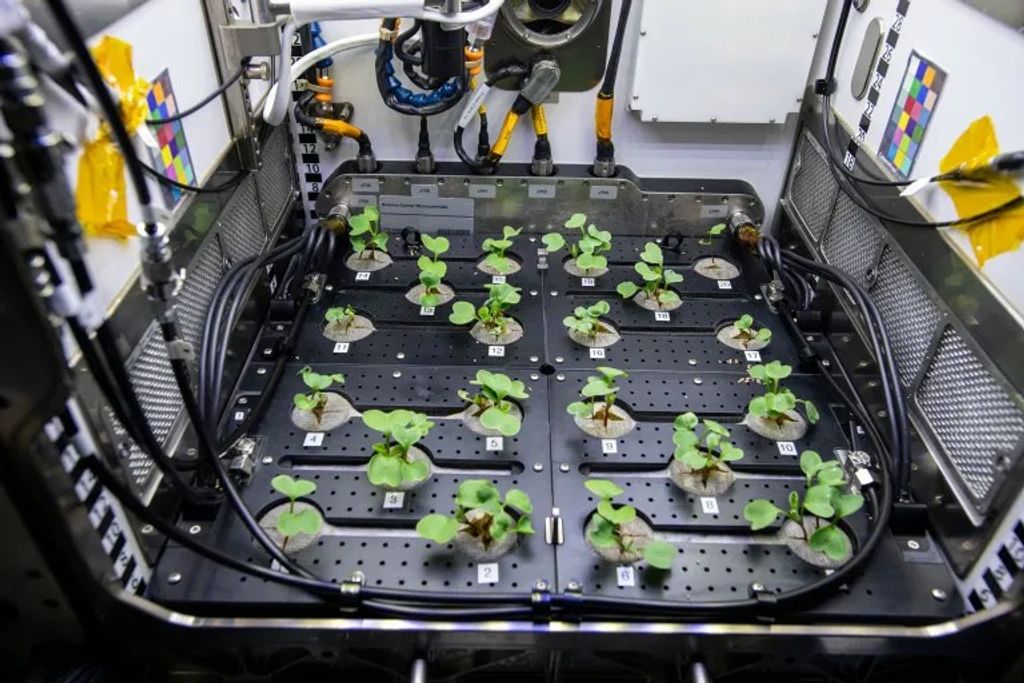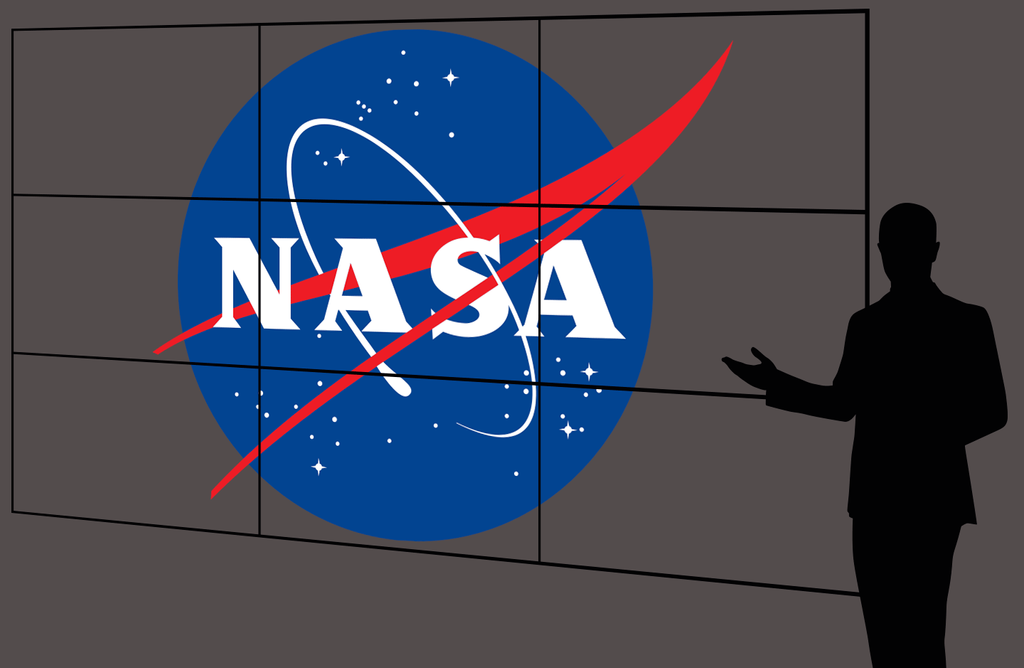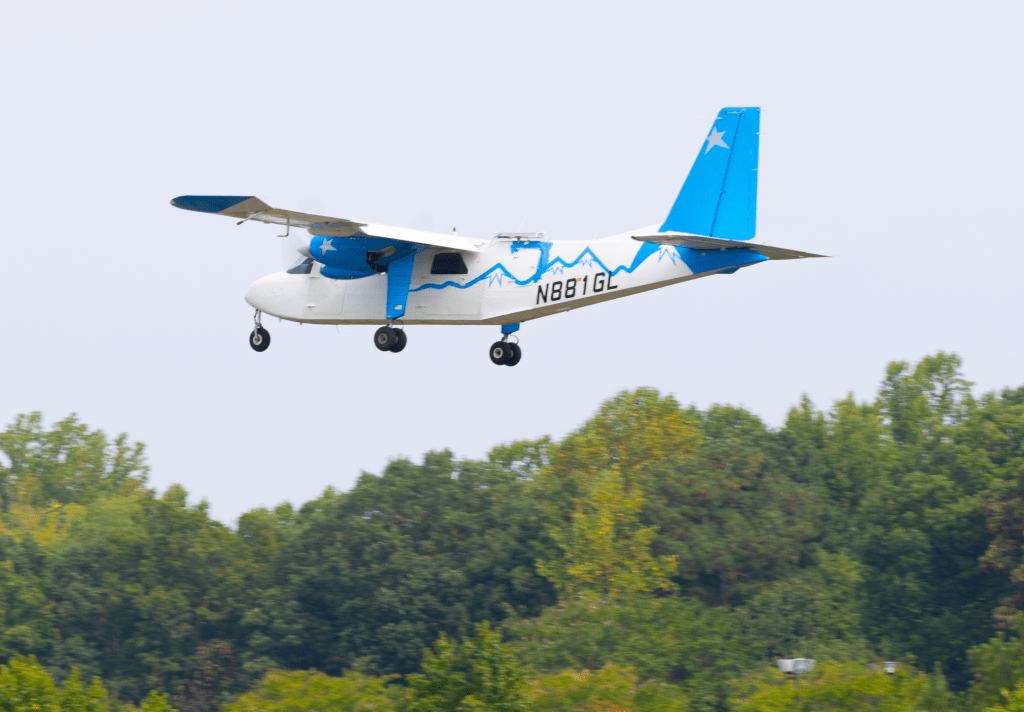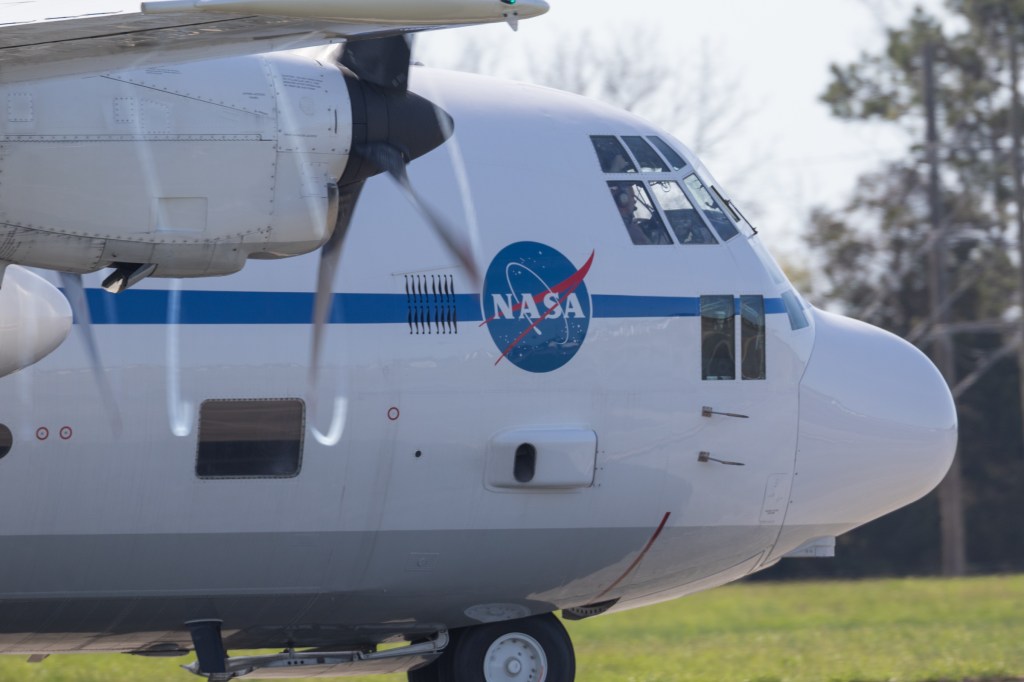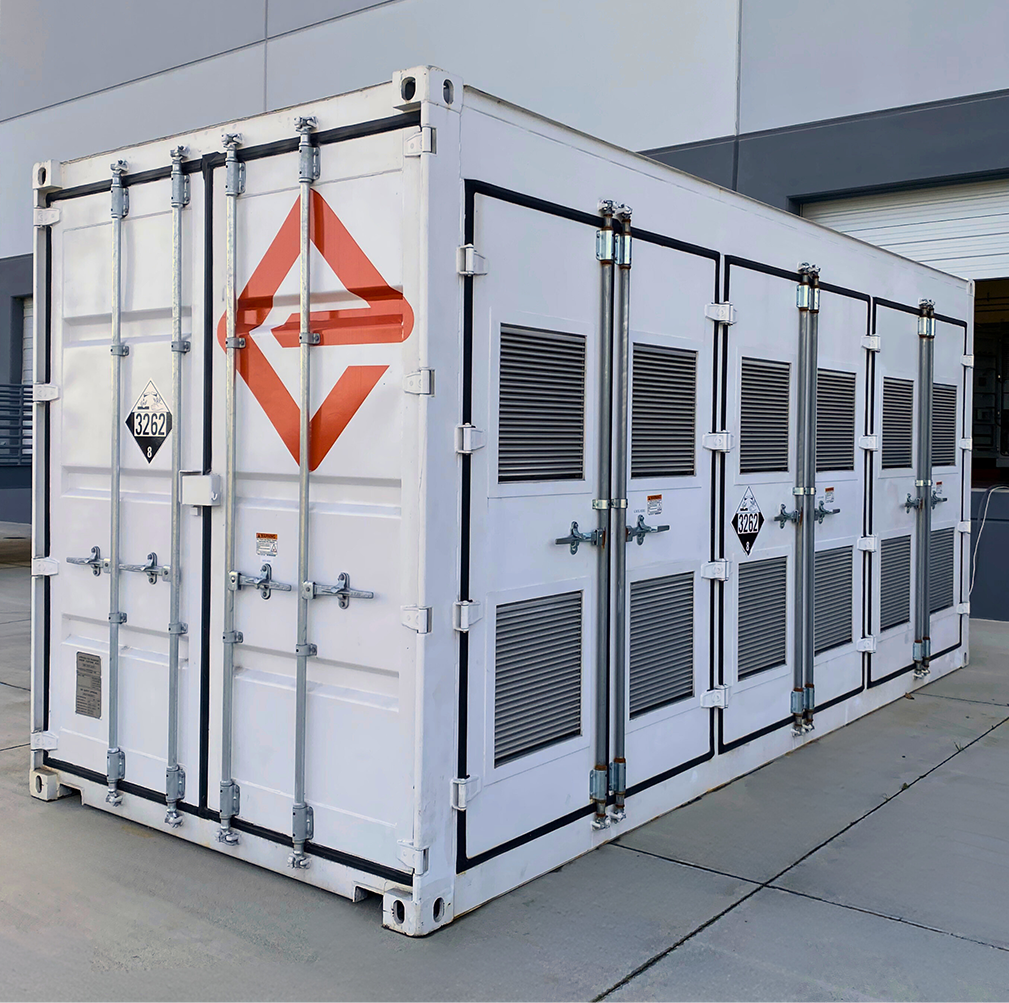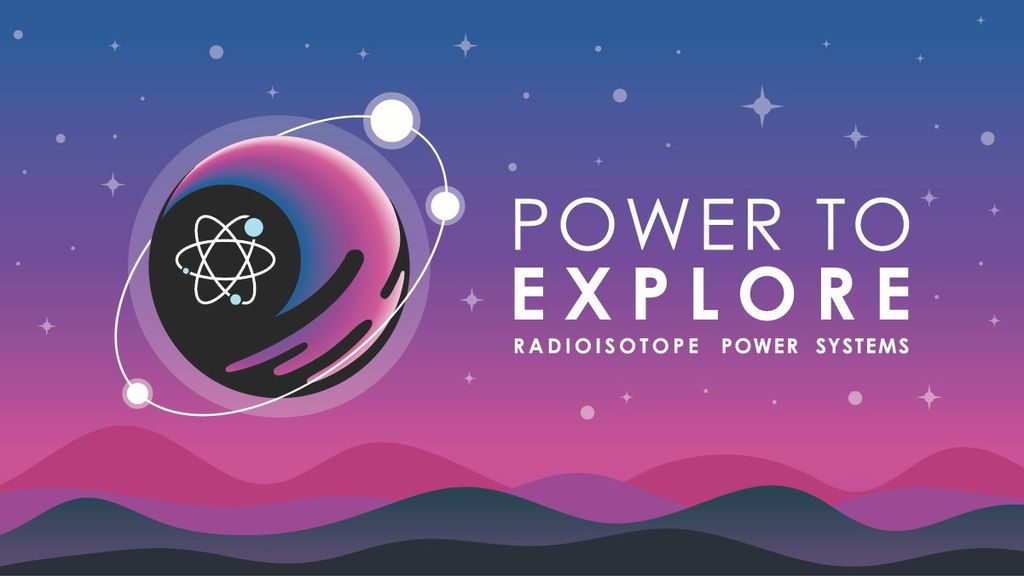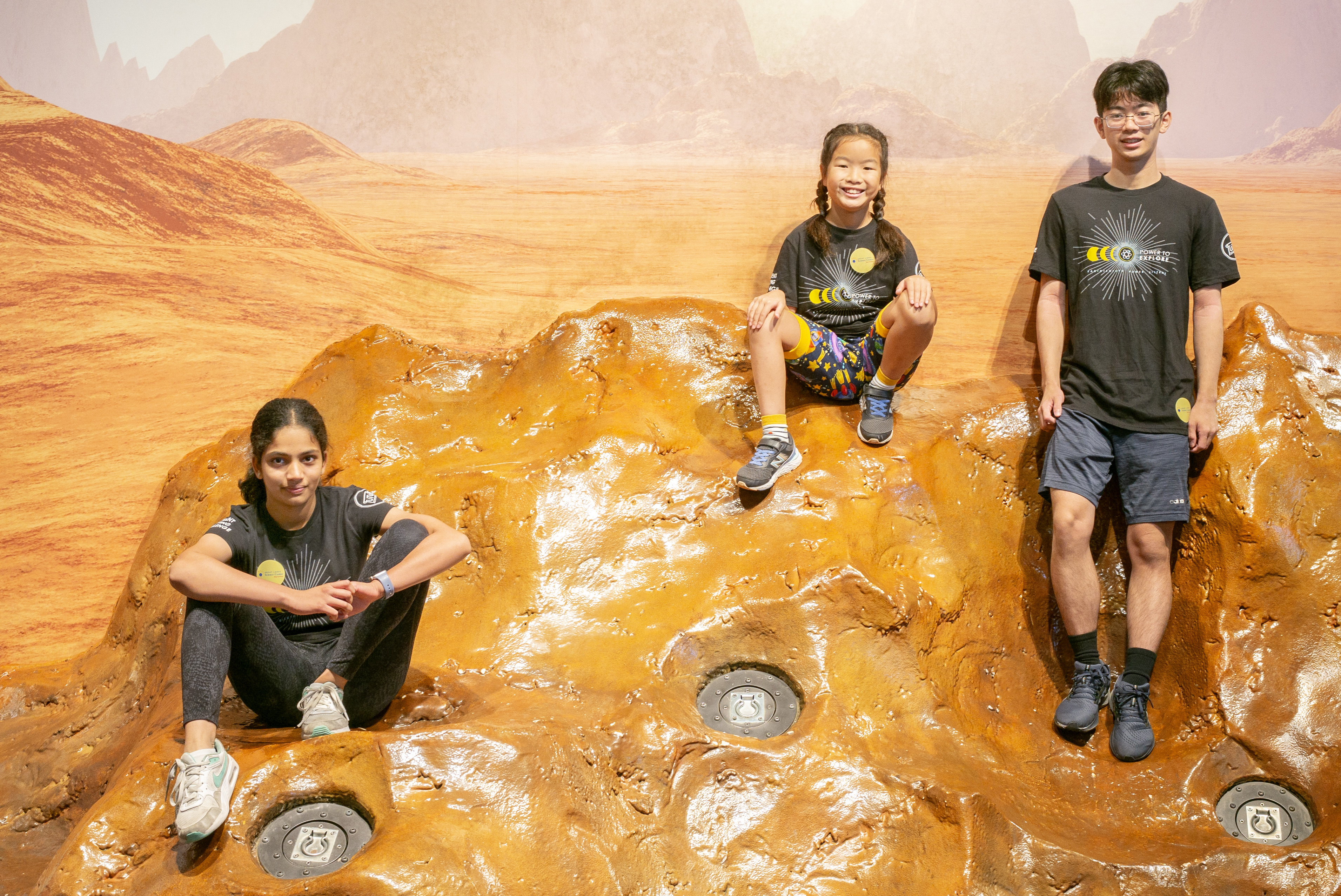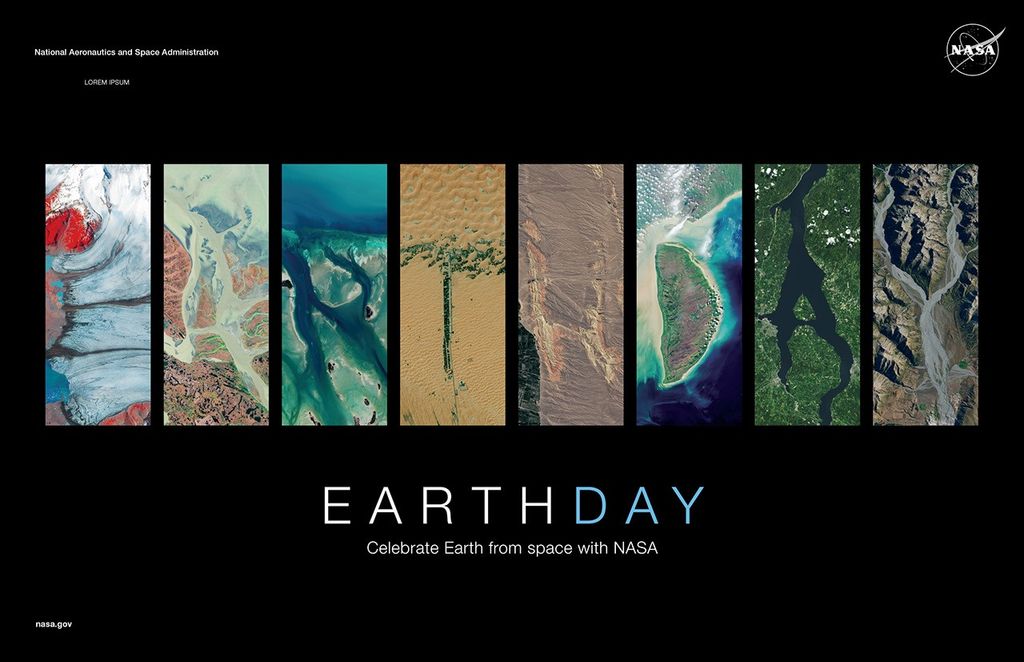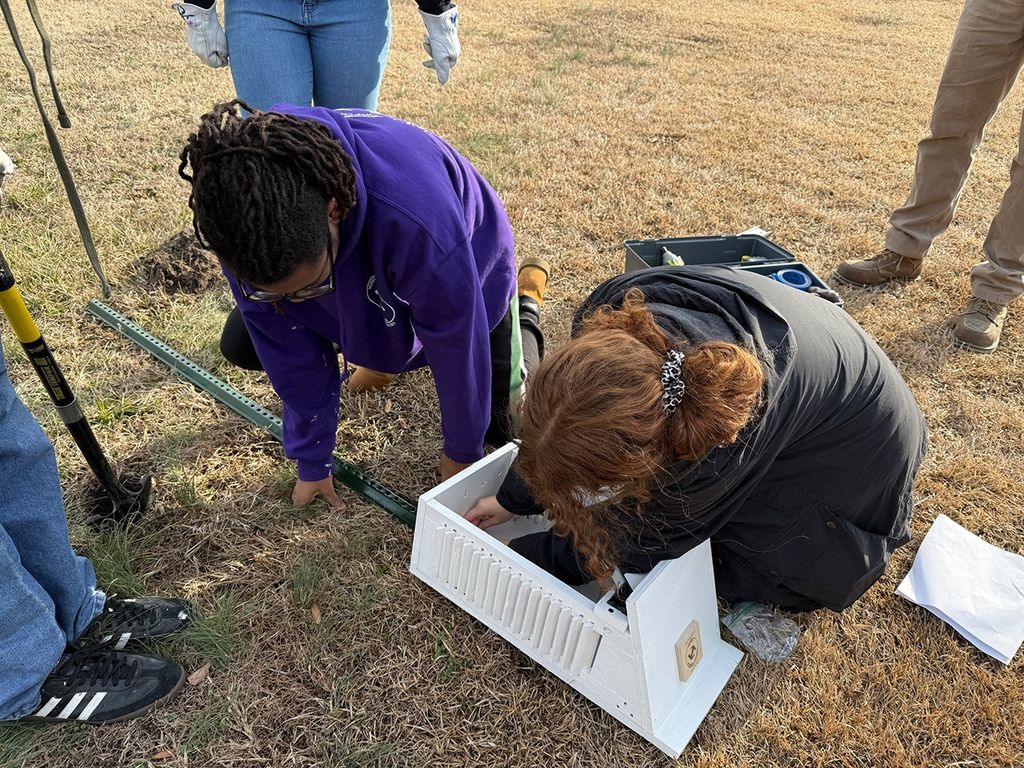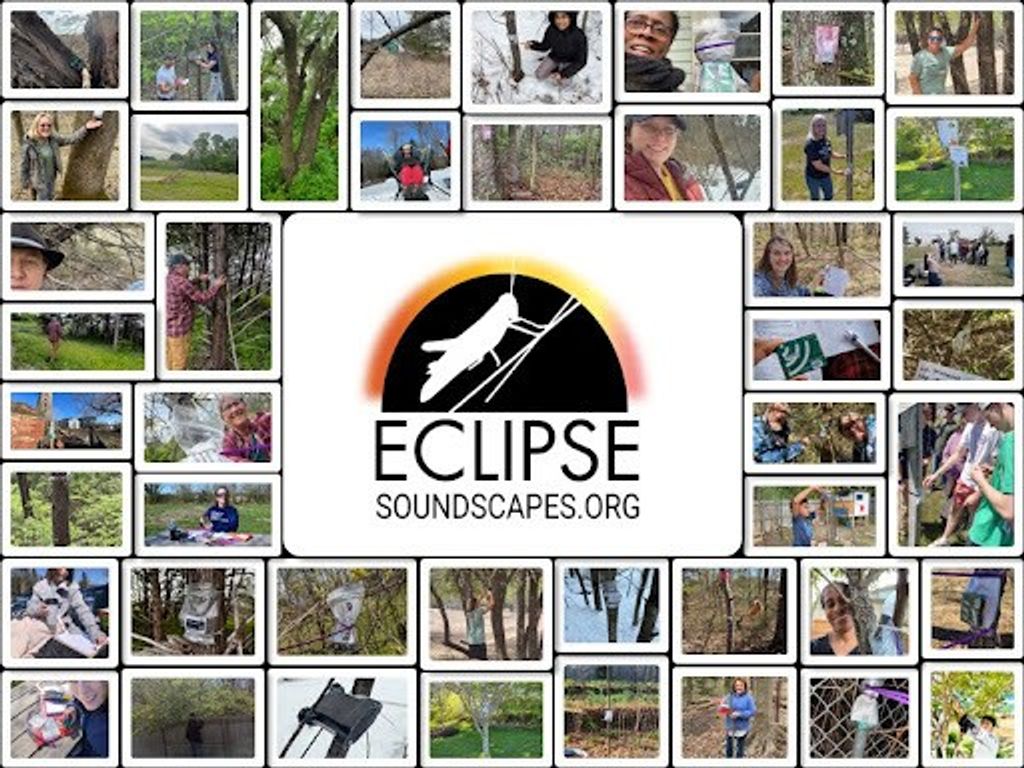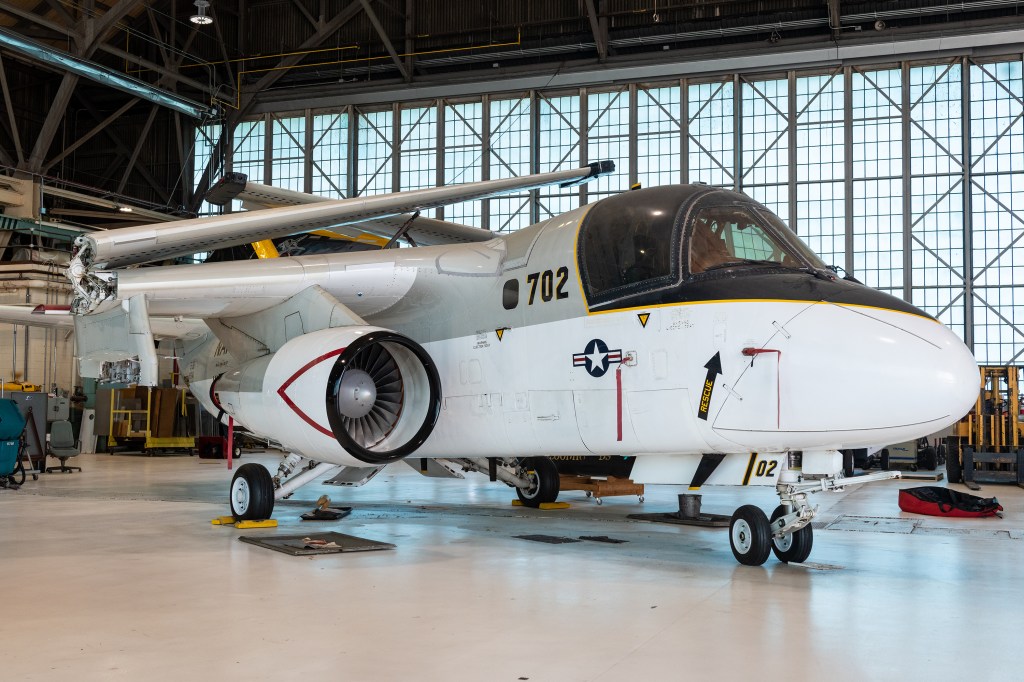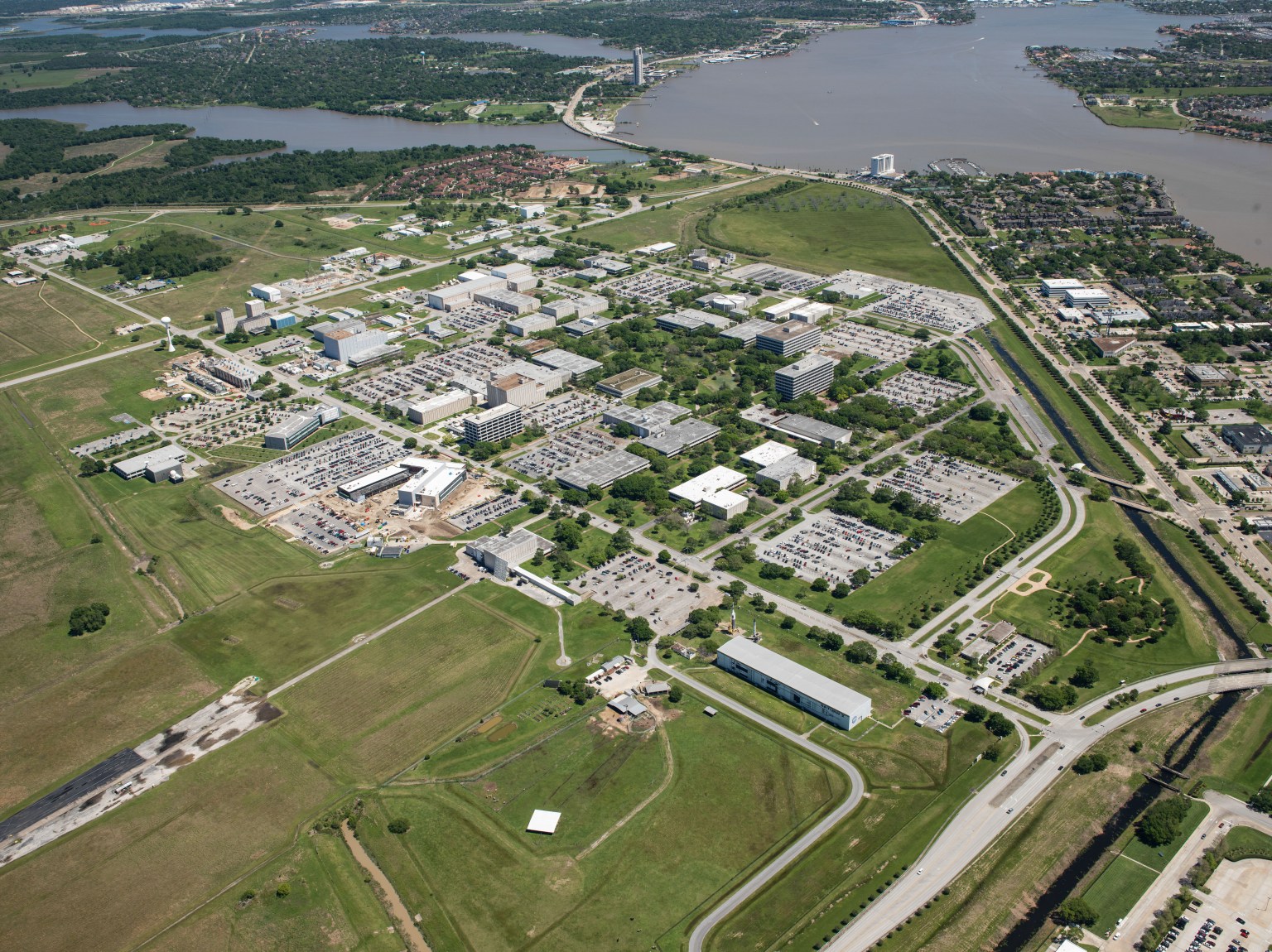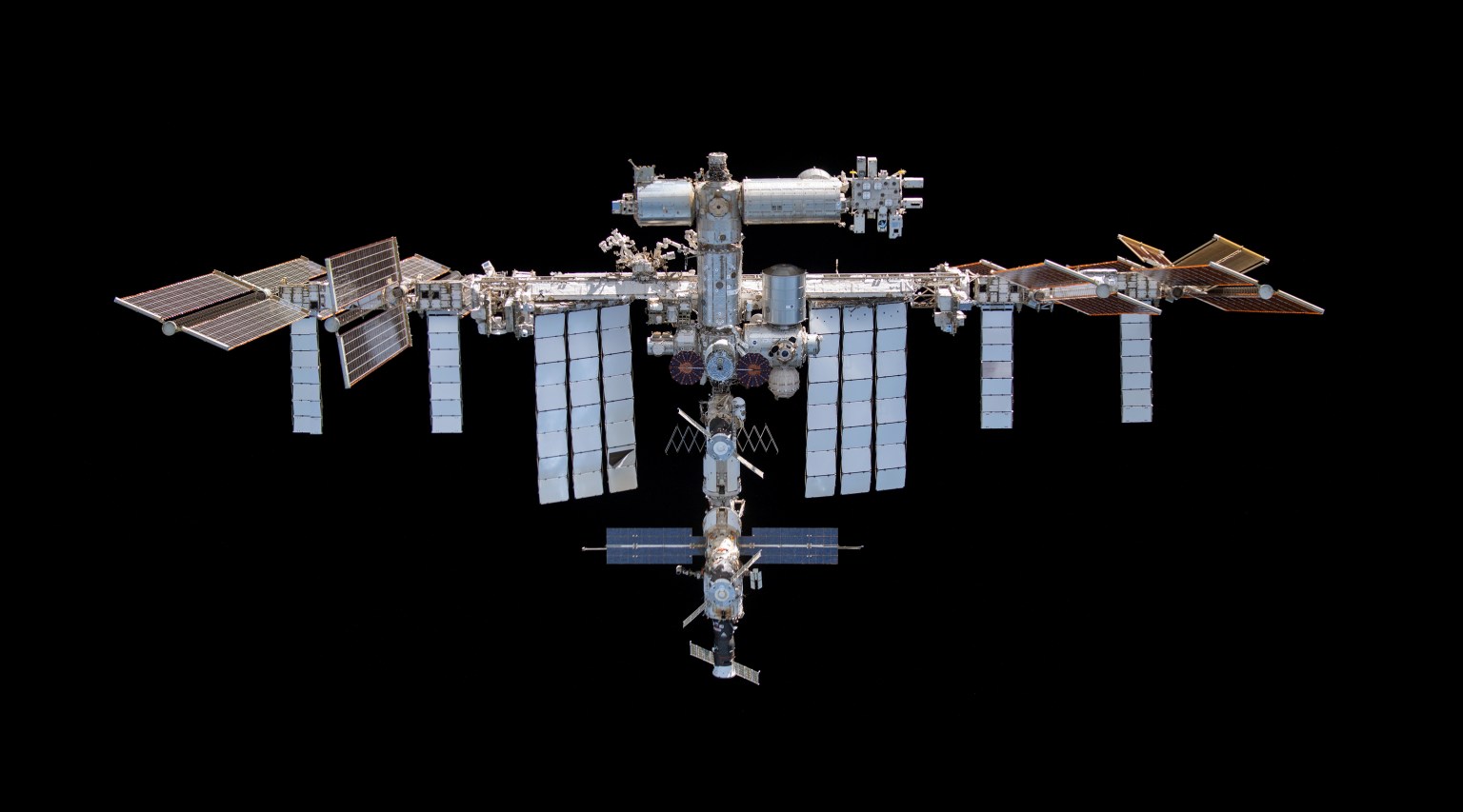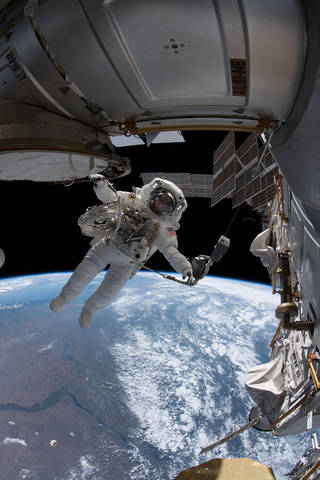Cosmic Conversations
General Description
NASA’s Johnson Space Center will host several “Cosmic Conversations” in the Teague Auditorium (building 2S) during Open House. These conversations will touch on the work being done across NASA’s programs in concert with our international and commercial partners – and their impact as we move forward to the Moon and on to Mars. Ranging from exciting engineering solutions to the commercialization of space, join us as we hear from leaders across NASA and industry!
Meet the speakers (click to learn more)
9:30 – 9:50 a.m. The Future of Human Spaceflight
Humanity’s drive for space exploration extends to the Moon, Mars, and beyond. Join chief technologist and director Nick Skytland as he discusses how we will establish a sustained lunar presence, move to future Mars missions, and the role of emerging technologies like artificial intelligence and quantum computing in space exploration.
- Nick Skytland, Chief Technologist and Director of the Business Development and Technology Integration Office
Nick Skytland is the Chief Technologist at NASA Johnson Space Center and also the Director of the Business Development and Technology Integration Office where he is focused on helping NASA return to the Moon through technology development, technology transfer and strategic partnerships. Nick also advises organizations on how to navigate the future by developing forward leaning strategies, convening communities, and developing missional technology. He is a passionate leader who has pioneered new ways of doing business in both government and industry for two decades. His best work is done at the intersection of technologists, change makers and explorers.
10:00 – 10:20 a.m. Building Spaceships and Engineering for Space Exploration
NASA’s Johnson Space Center has been supporting human spaceflight missions for over 60 years. Throughout this bold adventure, the challenges and unique environments of spacecrafts have required equally unique and exciting engineering solutions. This session will discuss the ongoing mission of JSC’s engineering directorate and the new and innovative work we are undertaking as we return to the Moon and prepare for future journeys to Mars and beyond.
- Christopher Matty, Technology and Architecture Lead, Propulsion and Power Division
Christopher Matty is the Chief Technologist for the Johnson Space Center Engineering Propulsion and Power Division. In his 18 years at NASA’s Johnson Space Center, he has supported the Space Shuttle, International Space Station, and Orion Programs in a variety of roles, from mission operations and engineering to program management and integration. He has also worked joint efforts with the US Department of Defense and supported testimony to the US House of Representatives, as well as serving as a crewmember on multiple human spaceflight analog missions. He has previously worked at NASA Langley Research Center and Arnold Air Force Base. He holds a Bachelor of Science In Aerospace Engineering from the University of Oklahoma, and a Master of Science in Astroparticle Physics from the University of Houston Clear Lake.
12:40 – 1:00 p.m. 25 Years of the International Space Station: A Look at Station’s History, International Collaboration, and Forward Plans
- Moderator: Dylan Mathis, Communications Integration Manager for Operational Programs, NASA’s Johnson Space Center
Dylan Mathis is the Integration Manager for the External Relations Office at NASA’s Johnson Space Center for the International Space Station, Commercial Crew, and Commercial Low-Earth Orbit Development programs. He is an HDTV, multimedia, and digital communications expert who leads the teams of storytellers that share with the world what it’s like to be an astronaut and spend six months in space aboard the ISS. He was the mission manager for the first ultra-high-definition live broadcast from space in 2017. Mathis has a bachelor’s and master’s degree focused on HDTV, digital communication, and multimedia from Baylor University.
- Greg Dorth, Manager, External Integration Office, International Space Station Program
Greg Dorth provides leadership and direction for the International Space Station External Integration Office. This includes implementing Agency policy for Human Space Flight Programs in the U.S. and abroad. Advocating on behalf of the International Space Station Program in responding to and informing Congress, the Office of Inspector General, the Government Accountability Office, and other advisory and oversight committees. Negotiates and manages barters, contracts, reimbursable and non-reimbursable agreements with U.S. companies and the International Space Station International Partners/Participants. He oversees the resolution of Export Control issues through the U.S. Department of State and partner foreign ministries. Lastly, responsible for International Space Station internal and external communications including aligning messaging and developing strategies for ISS core messages: research benefits to humanity, fostering international partnerships, commercialization of low Earth orbit, and enabling deep space exploration.
- Tim Braithwaite, CSA Liaison Manager, Houston, Canadian Space Agency
Tim Braithwaite is the Manager of the Canadian Space Agency’s Liaison Office at NASA’s Johnson Space Center. He leads CSA’s Houston-based team supporting CSA’s ISS, Gateway and lunar surface programs, as well as supporting CSA’s astronaut missions to the ISS and now to the Moon on Artemis-II. He previously led the CSA’s flight control team for the Canadarm2, integrated into NASA’s Mission Operations directorate, and was the first ISS Robotics Operations flight controller (“ROBO”) certified by NASA in March 2001. He has Bachelors & Masters degrees in Aerospace Engineering from the University of Toronto, and an MBA from York University (in Toronto).
- Stephane Ghiste, Deputy Team Leader, European Space Agency Houston Liaison Office
Stephane Ghiste, from the European Space Agency (ESA), serves as the Deputy to the ESA Liaison Office Team Leader at Johnson Space Center. The office plays a pivotal role in fostering connections between the teams in Europe and those at JSC contributing to the International Space Station and Artemis programs. Before joining the Johnson Space Center, Stephane was responsible for the Basic and Pre-Assignment training of ESA astronauts in Cologne, Germany and provided management support to the Head of the European Astronaut Centre. - Akihiko Hoshide, Director, Japan Aerospace Exploration (JAXA) Houston Office and JAXA Astronaut
Born in Tokyo in 1968, HOSHIDE Akihiko joined NASDA (currently JAXA) in 1992 and was selected as a Japanese astronaut candidate in 1999. He has three space flights – STS-124/1J in 2008 on board space shuttle Discovery to assemble Japan’s Kibo Pressurized Module to the International Space Station (ISS); International Space Station Expedition 32/33 in 2012; and Expedition 65/66 in 2021, where he also served as the ISS Commander for 5 months. He has logged a total of 198 days, 9 hours and 57 minutes in space, with a total Extravehicular Activity (EVA) time of 28 hours and 17 minutes. Hoshide was assigned as the Director of JAXA Houston Office in April 2022.
1:10 – 1:30 p.m. Commercial Spaceflight: Now and in the Future
As our home in low Earth orbit, the International Space Station also serves as a platform for growing the commercial space sector, whether through spaceflight partners or payloads. As the space station nears its retirement date, NASA and its partners are preparing for low Earth orbit to remain a place of scientific research and development – along with other business and industry opportunities – through commercial destinations. Learn about the preparations that are underway to ensure America remains in low Earth orbit and how these new space stations will ensure we achieve our goals of exploring the Moon and Mars.
- Moderator: Dylan Mathis, Communications Integration Manager for Operational Programs, NASA’s Johnson Space Center
Dylan Mathis is the Integration Manager for the External Relations Office at NASA’s Johnson Space Center for the International Space Station, Commercial Crew, and Commercial Low-Earth Orbit Development programs. He is an HDTV, multimedia, and digital communications expert who leads the teams of storytellers that share with the world what it’s like to be an astronaut and spend six months in space aboard the ISS. He was the mission manager for the first ultra-high-definition live broadcast from space in 2017. Mathis has a bachelor’s and master’s degree focused on HDTV, digital communication, and multimedia from Baylor University. - Nicole Jordan, Manager, Spacecraft Office, Commercial Crew Program, NASA
Nicole Jordan is the Spacecraft Office Manager within the Commercial Crew Program. Her office is responsible for the certification of two human spacecraft, SpaceX Dragon and Boeing Starliner. She joined the Commercial Crew Program (CCP) in 2017 as a Systems Lead in the Spacecraft Office and also served as the Crew-1 Mission Manager. Crew-1 was the first International Space Station (ISS) crew rotation mission, the first CCP mission with four crew, the first long duration CCP mission, and performed the first CCP port relocation operation. Previously, she worked in the Flight Operations Directorate as the Commercial Crew Integration Lead in the Astronaut Office and as a Flight Test Engineer at Ellington Field. Nicole also served as the SpX-1 Flight Lead for the International Space Station Program, the first operational commercial cargo mission for SpaceX to ISS. - Mr. Aubrey L. Stewart, Director of Business Development, Boeing Exploration Systems
Aubrey Stewart is the Director of Business Development of Boeing Exploration Systems, which is responsible for the company’s acquisition of new business across all space exploration programs, including the Space Launch System (SLS), the International Space Station (ISS), the CST-100 Starliner commercial crew vehicle, commercial low-Earth orbit initiatives and lunar pursuits. He is a leadership team member of Boeing Exploration Systems within the Space, Intelligence and Weapon Systems (SIWS) division, and has responsibility for Boeing’s Houston, Huntsville, and Space Coast efforts. - Matthew DeRosier, Sr. Manager, Business Development, Space Systems for Collins Aerospace, an RTX business
Matt DeRosier has been supporting human space systems business development within Collins since 2019, including work with the company’s current and next generation space suit program, spacecraft life support systems and satellite sub-systems including thermal control systems and reaction wheels. Previous to Collins Aerospace, Matt supported the development of USG space systems payloads and ISS EVA Systems development and verification. - Camille Alleyne, Deputy Manager, Commercial Low Earth Orbit Development Program, NASA
- Brian Kelly, Manager, Cargo Vehicle Integration Office, International Space Station Program’s Transportation Integration Office, NASA
1:40 – 2:10 p.m. Going to the Moon for Science and Humanity
Artemis I was just the beginning! Discover what’s ahead in humanity’s return to the Moon. Panelists will explore how the lunar surface serves as a vital laboratory and testing ground, paving the way for future missions and expanding our understanding of the cosmos.
- Moderator: Brandi Dean, Public Affairs Office
Brandi Dean is an integration manager in the External Relations Office at NASA’s Johnson Space Center, supporting Orion; Gateway; the Exploration, Architecture, Integration and Science directorate and others. She’s been a NASA communicator for 16 years and helped to share such milestones as the final shuttle flight, the first Orion launch, and the first all-female spacewalk with the world. - Howard Hu, Manager, Orion Program, NASA
- Jon Olansen, Manager, Gateway Program
- Lara Kearney, Manager, Extravehicular Activity and Human Surface Mobility Program
- Burt Laws, Director, Exploration Architecture, Integration and Science Directorate
2:20 – 3:00 p.m. Steps to Mars: Human Research Propelling Us Forward
NASA’s Human Research Program and Human Health and Performance Directorate experts will delve into their pivotal roles in enabling human exploration beyond Earth. With NASA’s Artemis program set to return humans to the Moon and pave the way for Mars missions, our panelists will explore the fascinating science behind long-duration spaceflight, its physical and mental challenges, and how human research is shaping the future of deep space exploration.
- Moderator: Brandi Dean, Public Affairs Office
Brandi Dean is an integration manager in the External Relations Office at NASA’s Johnson Space Center, supporting Orion; Gateway; the Exploration, Architecture, Integration and Science directorate and others. She’s been a NASA communicator for 16 years and helped to share such milestones as the final shuttle flight, the first Orion launch, and the first all-female spacewalk with the world. - Dr. Jancy McPhee, Associate Chief Scientist, Human Research Program
Dr. Jancy McPhee is a cellular and molecular neuroscientist by training. She is the Associate Chief Scientist of the NASA Human Research Program (HRP). Her responsibilities include developing and implementing effective scientific strategies across physiological disciplines, missions, and international and commercial partners.
- Rebecca Tures, Associate Director, Human Health and Performance Directorate
Rebecca Tures serves as the Associate Director of the Human Health and Performance (HH&P) Directorate at NASA Johnson Space Center. HH&P leads the global spaceflight community in protecting astronaut health and enabling human mission performance. HH&P is responsible for implementing Health & Medical Technical Authority, the Human Research Program, JSC Occupational Health, and Crew Health and Safety activities.


